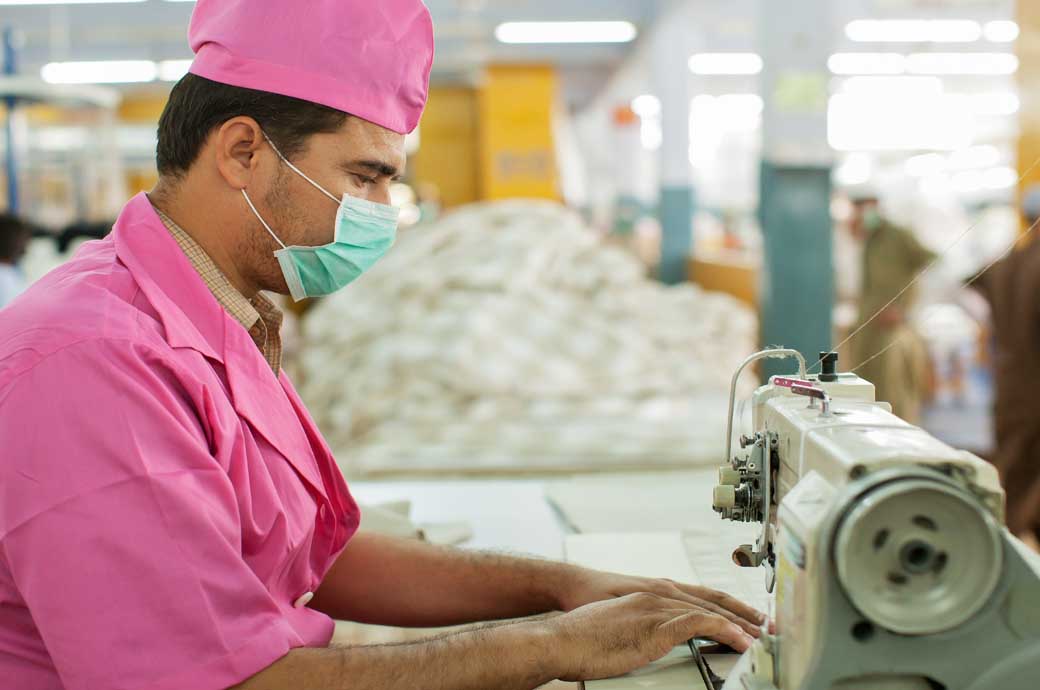
The demand is justified to ensure garment workers and their families have the basic resources to survive and endure crises, including the impending economic recession, the alliance said in a statement.
AFWA was founded in 2007 as an Asian labour-led global labour and social alliance across garment-producing countries like Bangladesh, Cambodia, India, Indonesia, Myanmar, Pakistan and Sri Lanka and consumer regions for addressing poverty-level wages, gender discrimination and freedom of association in global garment production networks.
Bangladesh conducted its last minimum wage negotiations in 2018. At the time, BDT 8,000 ($95) was fixed as the minimum wage for garment workers.
AFWA-Bangladesh conducted a comprehensive consumption survey in the last quarter of 2021, talking to over 300 garment workers from 63 factories. The workers reported a per capita food consumption of 1,950 Kcal at BDT 120 per day, significantly below the poverty line food consumption standard of 2,122 Kcal. This nutritional dip is of extreme concern, the statement noted.
The survey also found that the total expenditure of a family was higher than its income, even when there were two earners in the family working in the garment industry.
Fibre2Fashion News Desk (DS)